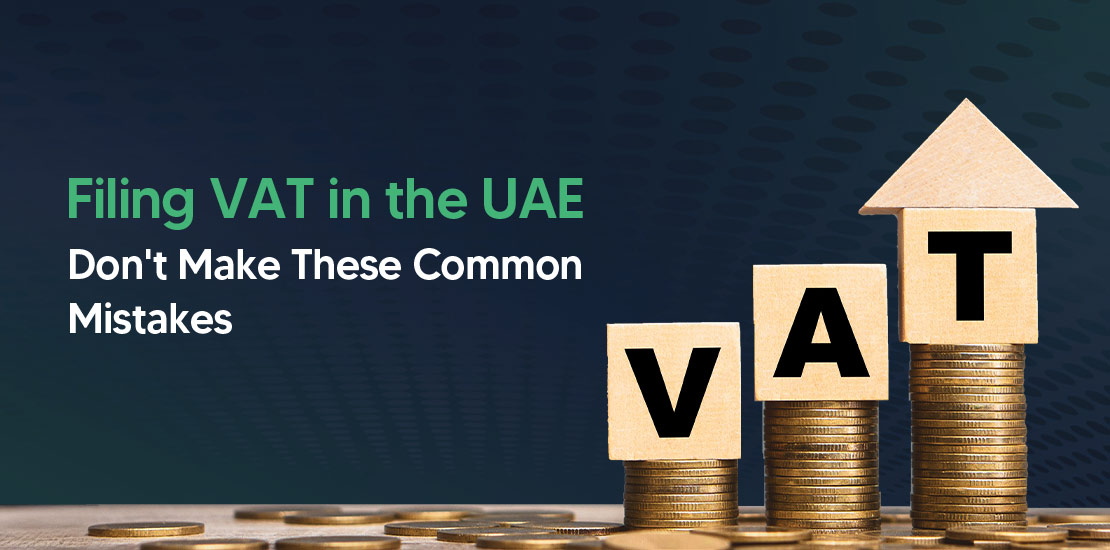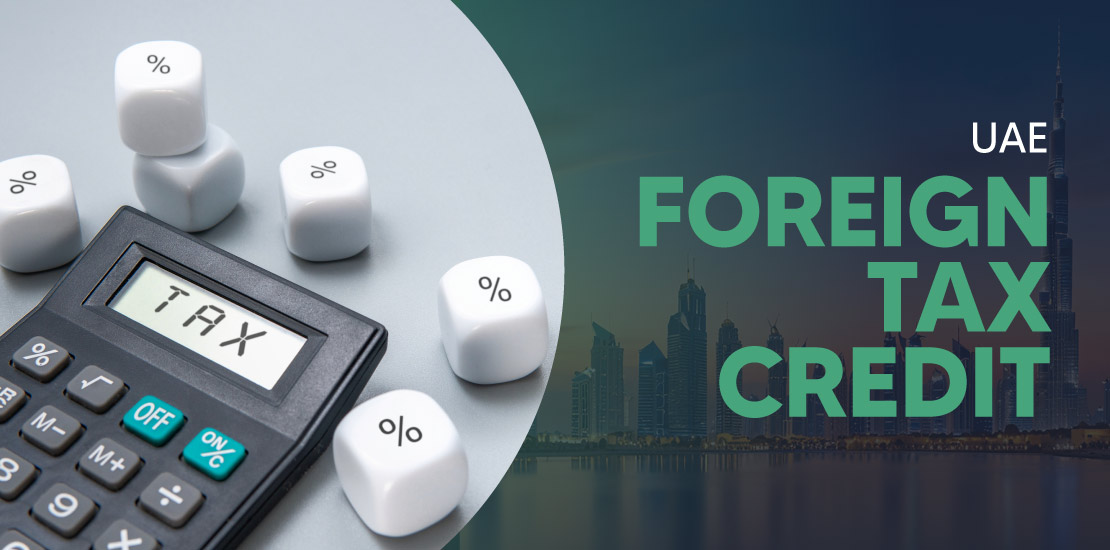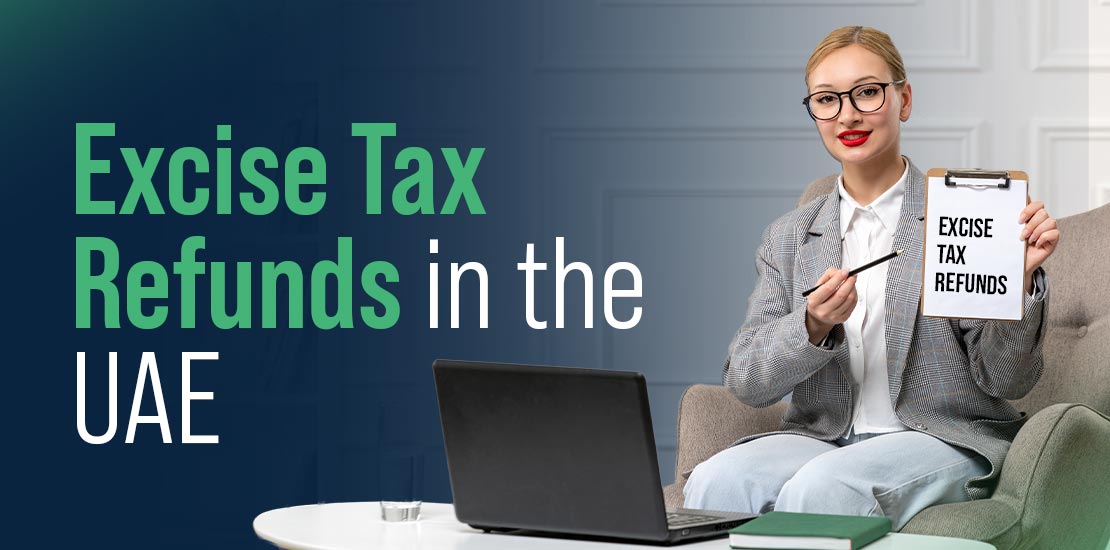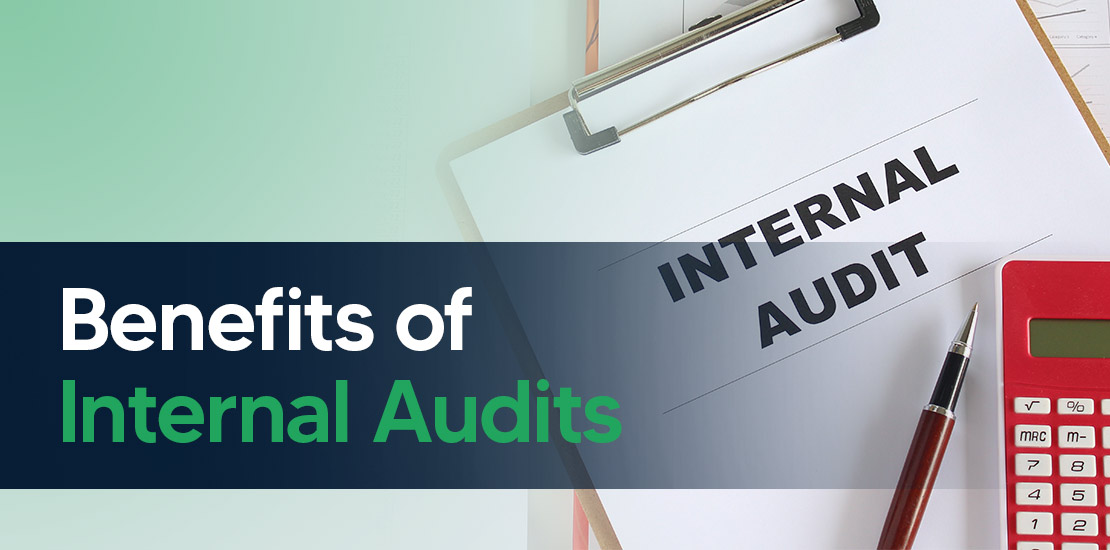Table of Contents
- 1. Missing VAT Filing Deadlines
- 2. Incorrect Input Tax Claims
- 3. Not Charging VAT Where Applicable
- 4. Errors in VAT Return Forms
- 5. Wrong VAT Calculations
- 6. Not Maintaining Proper Records
- 7. Ignoring the Reverse Charge Mechanism (RCM)
- 8. Incorrect VAT Registration or Deregistration
- 9. Treating Zero-Rated and Exempt Supplies as the Same
- 10. Failure to Issue a Valid Tax Invoice
- How Shuraa Tax Can Help
VAT (Value Added Tax) has been part of doing business in the UAE since 2018, with a standard rate of 5%. If your business is registered for VAT, you’re required to file VAT returns regularly, and it’s important to do it correctly.
Filing your VAT accurately isn’t just a formality. Even small mistakes can lead to penalties, fines, or trigger an audit from the Federal Tax Authority (FTA). And let’s face it – no one wants that kind of stress.
Therefore, here are some of the most common VAT filing mistakes businesses make in the UAE, and more importantly, how you can avoid them and stay on the safe side.
1. Missing VAT Filing Deadlines
Many businesses in the UAE get caught up in daily operations and forget one crucial task – filing their VAT return on time. The Federal Tax Authority (FTA) requires registered businesses to file their VAT returns either monthly or quarterly, depending on the tax period assigned to them. If you miss the deadline, you could face a penalty of AED 1,000 for the first late submission and AED 2,000 for each repeat offence within 24 months.
Late payments are treated separately and come with a 2% immediate penalty, followed by 4% after 7 days, and a 1% daily penalty thereafter (up to 300%).
How to avoid it:
- Mark your VAT filing dates clearly on a calendar.
- Set digital reminders (email, phone, or task managers).
- Consider hiring a registered tax agent or consultant, such as Shuraa Tax, who can handle timely submissions for you and ensure compliance.
2. Incorrect Input Tax Claims
Claiming VAT on business expenses is a common practice, but only if done correctly. Some businesses mistakenly claim input tax on non-recoverable expenses, such as:
- Business entertainment (meals, events)
- Personal expenses
- Passenger vehicles used for personal and business purposes
- Gifts or employee benefits not directly linked to taxable supplies
Making incorrect claims can lead to denied refunds, adjustments by the FTA, or even financial penalties for misreporting.
How to avoid it:
- Understand the FTA’s rules on recoverable vs non-recoverable VAT.
- Keep valid tax invoices and receipts for every claim.
- Maintain clear records linking the expense to your taxable activities.
- When in doubt, ask a tax expert to review your input VAT claims before filing.
3. Not Charging VAT Where Applicable
Some businesses either forget or incorrectly assume that they don’t need to charge VAT on certain products or services. This often happens when they confuse zero-rated, exempt, and standard-rated supplies. For instance:
- Zero-rated items (like exports and certain educational/healthcare services) are taxable but at 0%.
- Exempt items (like local public transport and some financial services) are outside the scope of VAT.
- Standard-rated goods and services must be charged at 5% VAT.
Failing to charge VAT on a standard-rated supply can result in an administrative penalty for submitting an incorrect tax return, which is AED 3,000 for the first time and AED 5,000 for repeated offenses. In addition, the business will be required to pay the uncharged tax to the FTA.
How to avoid it:
- Carefully check the VAT classification of every product or service you offer.
- Use accounting software that applies VAT correctly.
- Stay updated with FTA guidelines or consult a registered tax agent to ensure full compliance.
4. Errors in VAT Return Forms
Filling out the VAT return form (Form 201) correctly is essential. Businesses often make mistakes by misplacing figures in the wrong boxes, such as reporting sales for one Emirate in another’s box, or not reporting zero-rated and exempt supplies at all. Even if these errors don’t impact the final tax amount, they are considered non-compliant and can lead to penalties.
Some businesses also forget to include adjustments, such as bad debt relief, credit notes, or reverse charge entries.
How to avoid it:
- Review the VAT return form thoroughly before submission.
- Keep a summary sheet of all sales, purchases, and adjustments for the period.
- If you’re not confident, let a registered tax consultant handle the filing to ensure accuracy.
5. Wrong VAT Calculations
Getting your VAT numbers wrong is more common than you might think—and it can have serious consequences. Some businesses mistakenly calculate VAT on the wrong base amount or apply the wrong rate. Others may misinterpret the difference between VAT-inclusive and VAT-exclusive pricing, leading to underreporting or overcharging customers.
For example, if a product is priced at AED 1,000 inclusive of VAT, the VAT amount is AED 47.62 (not AED 50). Miscalculating this can affect both your VAT liability and your customer’s invoice.
How to avoid it:
- Double-check your pricing models, and know if prices are inclusive or exclusive of VAT.
- Use FTA-approved accounting or invoicing software that calculates VAT automatically.
- Reconcile your books regularly to ensure your VAT figures match your actual sales and purchases.
6. Not Maintaining Proper Records
The FTA requires businesses to keep VAT-related records for at least 5 years. This includes:
- Tax invoices and receipts
- Credit and debit notes
- Import and export documents
- Accounting books and ledgers
- Records of exempt and zero-rated supplies
Failing to maintain these documents properly or losing them can be problematic during audits or refund claims. The penalties for failing to keep proper records are significant is AED 10,000 for the first offence and AED 50,000 for a repeated violation within 24 months.
How to avoid it:
- Store both physical and digital copies of all VAT-related records.
- Organise records by filing period for easier access.
- Use cloud-based software or an accounting system with secure backups.
- Conduct periodic internal audits to ensure all required documents are in place.
7. Ignoring the Reverse Charge Mechanism (RCM)
Many businesses in the UAE overlook the Reverse Charge Mechanism (RCM), especially when dealing with imported goods or services. Under RCM, the buyer (not the supplier) is responsible for reporting and paying VAT to the Federal Tax Authority (FTA). This applies when you purchase from foreign suppliers who are not registered for VAT in the UAE.
If you don’t report these transactions correctly, the FTA may see it as underreporting your VAT liability, which can lead to penalties and interest charges.
Example: If your business imports software services from a company in the UK, you must declare and pay VAT on that purchase under RCM, even if the UK supplier hasn’t charged you VAT.
How to avoid it:
- Understand which of your transactions are subject to RCM (commonly imports of services or goods).
- Declare both the input and output VAT in your return under RCM (they usually cancel each other out if the input tax is recoverable).
- Seek advice from a tax consultant if you deal frequently with international suppliers.
8. Incorrect VAT Registration or Deregistration
Another common pitfall is not registering for VAT when required—or failing to deregister when you’re supposed to. Businesses must register for VAT if their taxable turnover exceeds AED 375,000 in the last 12 months. Some businesses delay registration, thinking they’ll “wait a bit,” but this delay can result in late registration penalties of AED 10,000.
On the other hand, if your business is no longer eligible for VAT (e.g., your taxable turnover drops below the threshold), you must apply for deregistration within 20 business days. Failing to do so can also lead to fines.
How to avoid it:
- Monitor your turnover regularly to know when to register or deregister.
- Don’t assume you can delay action; deadlines are strictly enforced by the FTA.
- Work with a VAT consultant to ensure proper registration and timely deregistration.
9. Treating Zero-Rated and Exempt Supplies as the Same
Many businesses confuse zero-rated supplies with exempt supplies, but they are not the same, and treating them alike on your VAT return can lead to misreporting.
- Zero-rated supplies (like exports, certain healthcare and education services) are taxable at 0%, and you can still claim input VAT on related purchases.
- Exempt supplies (like life insurance, residential rentals, and local passenger transport) are not taxable, and you cannot claim input VAT on related expenses.
Mixing these up may result in wrong VAT calculations and incorrect input VAT claims, which could trigger an audit or penalties from the FTA.
How to avoid it:
- Know the difference between zero-rated and exempt supplies as per UAE VAT law.
- Train your accounting team or consult with a VAT expert for correct classification.
- Review your business activities periodically to ensure accurate reporting.
10. Failure to Issue a Valid Tax Invoice
A tax invoice is more than just a receipt, it’s a critical legal document. It must contain specific, mandatory information to be considered valid under FTA regulations. This includes:
- The words “Tax Invoice” clearly displayed.
- Your business’s name, address, and Tax Registration Number (TRN).
- The customer’s details and TRN (if applicable).
- A clear description of the goods or services.
- The total amount of the supply, the VAT amount, and the VAT rate.
Failing to issue a valid tax invoice or credit note can lead to a penalty of AED 2,500 per missing or incorrect document. This also prevents your customers from being able to reclaim input VAT, which can harm business relationships.
How to avoid it:
- Ensure that every invoice and credit note template your business uses is fully compliant with FTA regulations.
- Employ accounting or invoicing software that automatically populates the required fields, reducing the risk of human error.
How Shuraa Tax Can Help
Making VAT filing mistakes can cost your business time, money, and peace of mind. But the good news is, most of these errors are easy to avoid once you know what to look out for. Staying on top of your VAT returns and keeping things accurate helps you avoid penalties and keeps your business running smoothly.
If VAT still feels confusing or time-consuming, don’t worry – Shuraa Tax is here to help. Our team can take care of everything, from VAT registration and VAT filing to audits and expert advice. We offer simple, stress-free VAT solutions for startups, small businesses, and large companies too.
Need help with VAT in the UAE? Contact Shuraa Tax for a free consultation today. We’ll make sure you’re fully compliant and worry-free.
📞 Call: +(971) 44081900
💬 WhatsApp: +(971) 508912062
📧 Email: info@shuraatax.com













